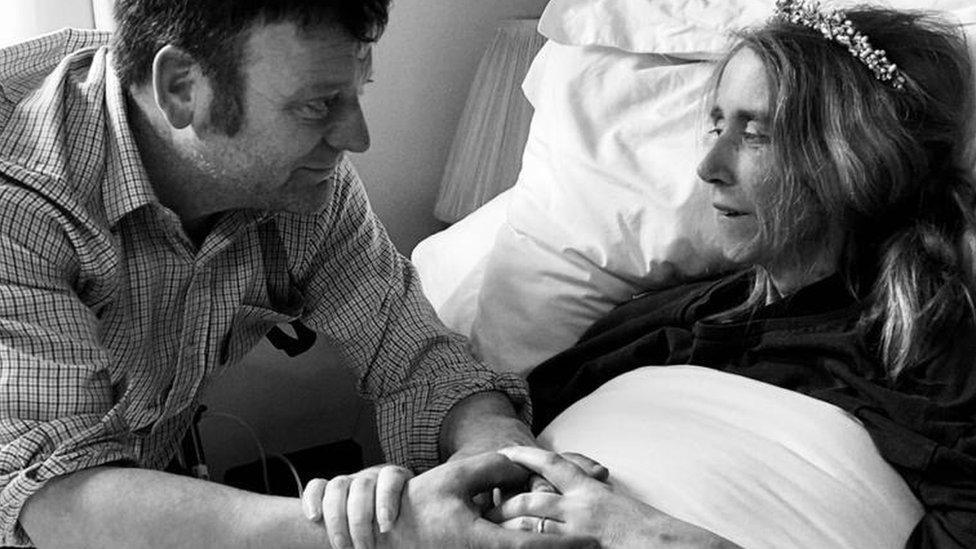Cancer: Study into why some patients beat the disease
- Published
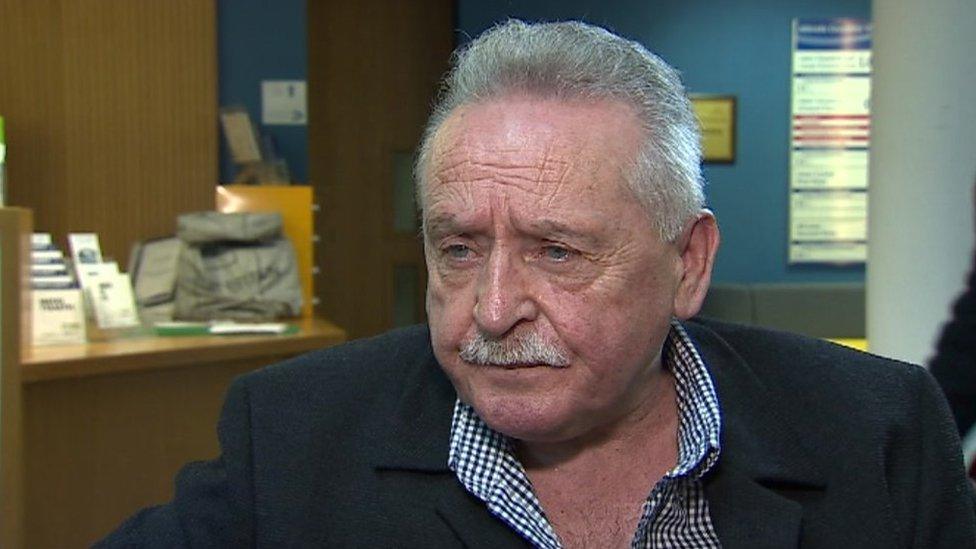
Cancer survivor Francis Davies said the project's potential was "enormous"
A man who survived different cancers four times has become the first volunteer to give blood in a study into why some people beat the disease.
Francis Davies, from Swansea, said it was "exciting" to take part in the project, external to analyse his blood at a molecular level.
The study is led by Continuum Life Sciences, which was founded by cancer survivor Dr James Hull, from Newport.
About 450 long-term survivors have now registered to take part.
Their blood will be analysed separately and the data will be studied by academics at six universities to try to explain how they have beaten cancer.
Giving blood at Swansea University, Mr Davies, from West Cross, said he wanted to help others, having found treatments difficult when he had prostate, melanoma and thyroid cancers.
He was told he had six months to live eight years ago, but he is now in good health.
Mr Davies said dealing with cancer could be "very emotional" and treatment side effects "can be pretty bad".
"The potential is enormous," said Mr Davies, referring to the project.
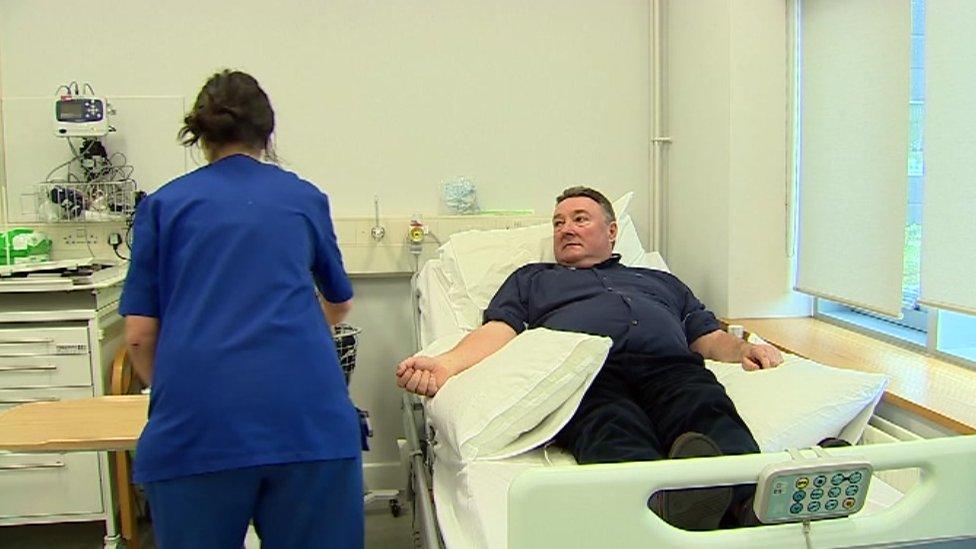
Dr James Hull also had his blood taken at Swansea University on Monday
Project leader Dr Hull, from Bassaleg, has had cancer of the bowel, skin, pancreas and liver over the last 10 years.
He said he was told several times to get his affairs in order and say goodbye to his family.
Dr Hull said he believes people who survive for longer than five years following cancer diagnosis could be the key to developing a cure.
"If we can find that, then we have a clue as to what we can then generate into therapies and vaccines in the future," he said.
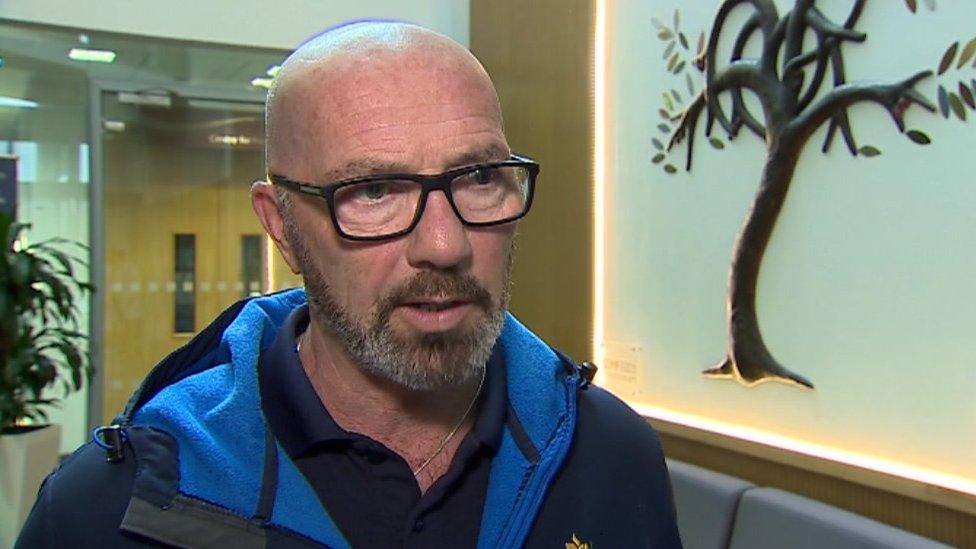
Matthew Maynard is also contributing to the project
Matthew Maynard, head coach at Glamorgan Cricket, has also contributed his blood as part of a control group in the project as there is no cancer in his family.
"Giving a sample today will, hopefully, help the science and see where the similarities and differences are," he said.
Prof Steve Conlan, from Swansea University, explained that the project would study the genomics of survivors' blood cells to see if they can find what may have helped them biologically to survive the disease.
"We will use our high-powered computing to analyse huge amounts of data in those patients to bring it all together," he said.
Dr Hull is funding the study in partnership with six universities in the UK, including Cardiff and Swansea.
- Published24 February 2020
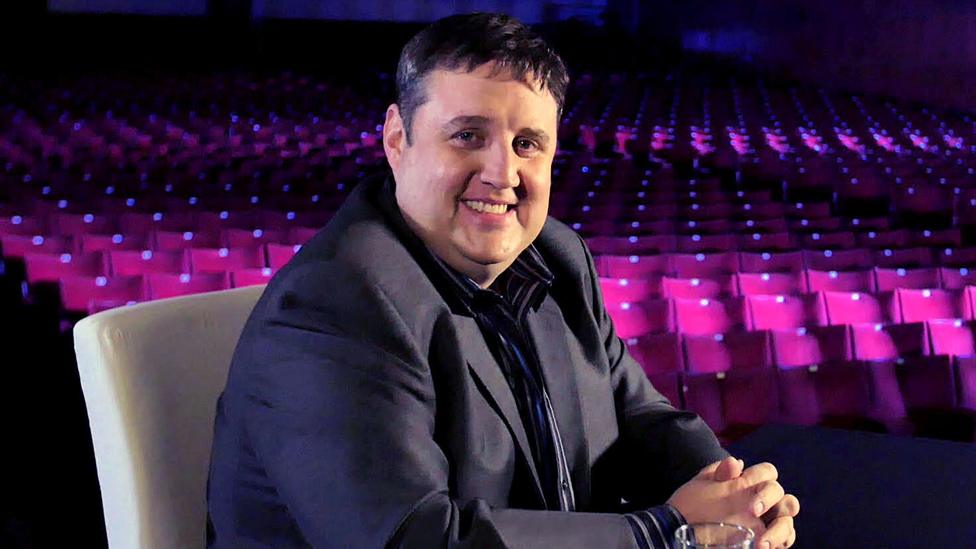
- Published20 February 2020
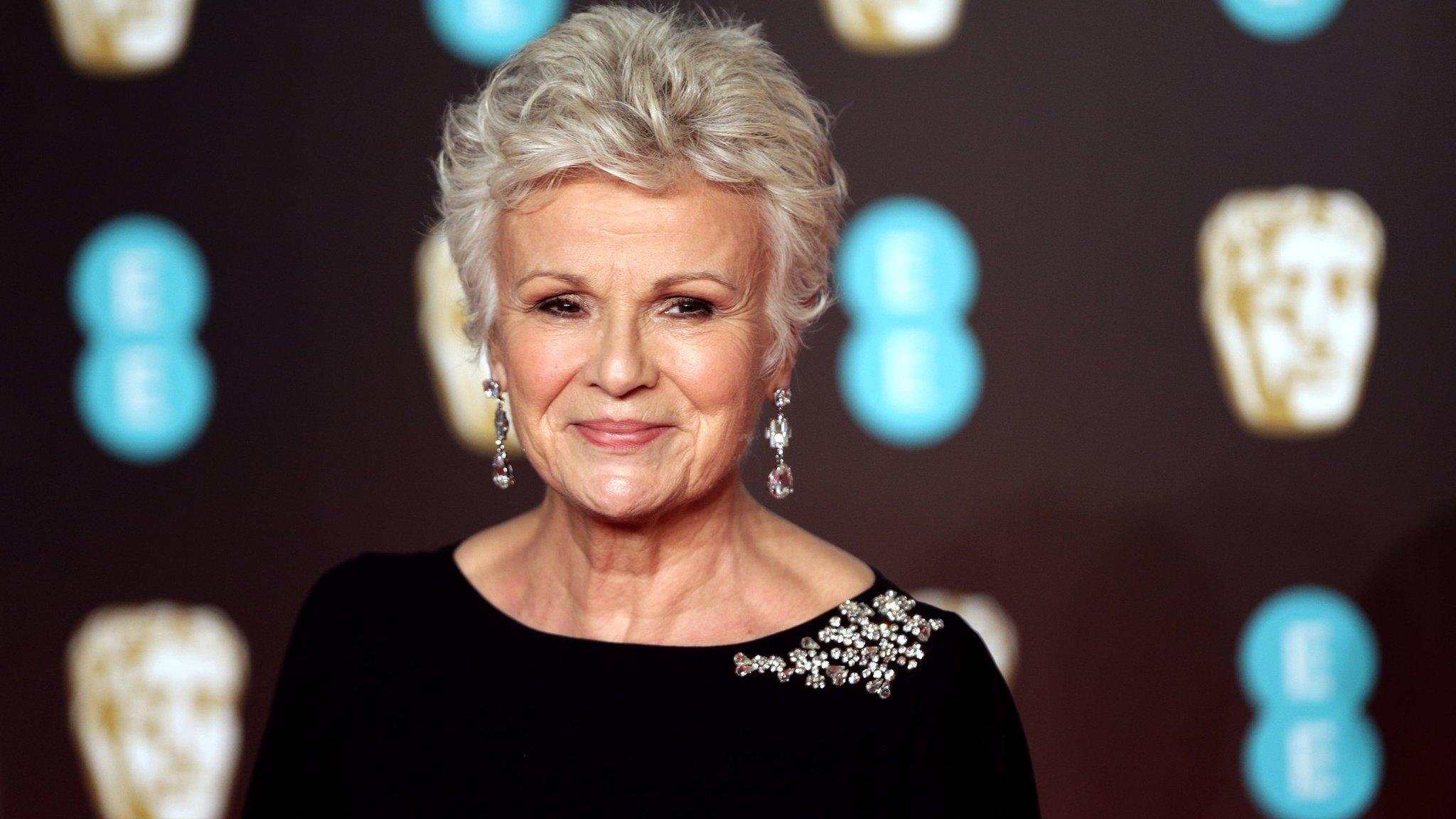
- Published16 February 2020
